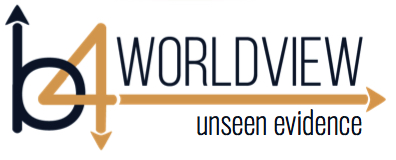
Key Thought for this session:
“If any outcome of life is acceptable to me, then any path will get me there.”
This point is very important. Because... This may be the most profound idea you get from this course. Here it is: “Because our human nature is primarily driven by equitable exchange, what we accept as right is often not based on the real virtue of our actions, but instead it is based on whether or not the exchange of actions is in balance. It feels right if everyone receives what they want (or need). In other words, we value balance in the exchange more than we value whether or not the action is right. Even if you believe truth is absolute, social exchange promotes a false sense of justice, which then introduces an apparent virtue that makes actions seem right, even if they are not, just because things feel balanced.” Since this is such an important concept for us to really grasp, I want to repeat what I just said one more time; and remember, we have defined equitable exchange as the natural human tendency to accomplish fairness in our relationships through a perceived balance of give and take. So, again: “Because our human nature is primarily driven by equitable exchange, what we accept as right is often not based on the real virtue of our actions, but instead it is based on whether or not the exchange of actions is in balance. It feels right if everyone receives what they want (or need). In other words, we value balance in the exchange more than we value whether or not the action is right. Even if you believe truth is absolute, social exchange promotes a false sense of justice, which then introduces an apparent virtue that makes actions seem right, even if they are not, just because things feel balanced.” Here’s an example: suppose you know it is right to be healthy, but you want to eat a candy bar, which you know to be unhealthy. You can make the action of eating the candy bar seem right if you walk an extra mile or two to offset the calories. In other words, if you exchange a good behavior for a bad behavior, it seems fair, maybe even you deserve the bad behavior, and therefore it feels right. While this is a simple example, the same principle holds in more serious matters, like cheating in a class--like when one student pays another student to write an essay that the teacher has assigned. Both students know this is wrong, which is evidenced by their secrecy. It’s not uncommon, however, for students to tell themselves that this is perfectly okay because both are benefiting from it. One gets a better grade in the course without having to endure hard work, and the other one gets extra spending money. In this instance, both people consent and no one is taking advantage of the other, so it seems fair and if it’s fair, then it feels right. See how this works. Yet does the consent of these two parties make cheating right?